China 'Black Monday' 2015 Pictures: Investors Across Asia React As Stock Market Falls [PHOTOS]
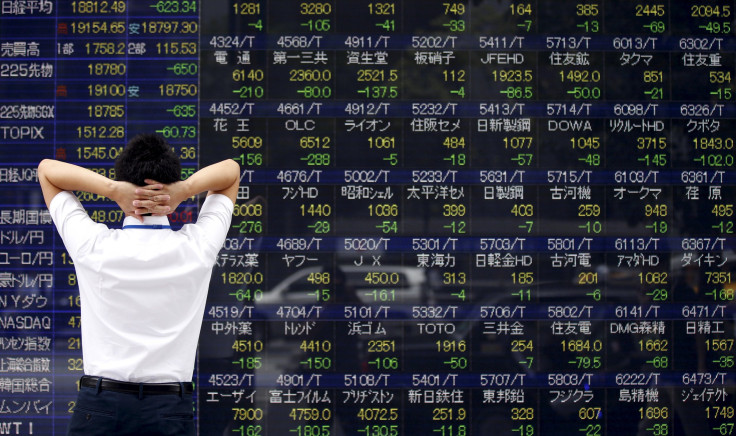
When China's stock market experienced its biggest single-day loss in eight years on Monday, photographers were on hand to capture people's reactions. Traders and investors across Asia stared at flashing screens showing updates as currencies, commodities and shares tumbled. The Shanghai Composite Index fell about 8.5 percent to 3,209.91 points, eliminating all its gains this year and causing China's state news agency to dub the plunge "Black Monday."
"Black Monday" was thought to be the result of growing fears about the future of China's economy, which has also caused sell-offs in Europe and the United States. The Dow Jones industrial average ended Friday down 3.1 percent or 530 points, closing at 16,459.75 to cap off what was considered its worst week since 2011, NBC News reported.
Shares in Asia hit their lowest levels since 2012, with Hong Kong's Hang Seng Index down about 5.2 percent or 1,158.05 points and the Shenzhen Composite Index down about 7.7 percent or 156.58 points. Stocks in Taiwan fell as much as 7 percent but ended the day down 4.84 per cent, or 376.58 points, the Guardian reported.
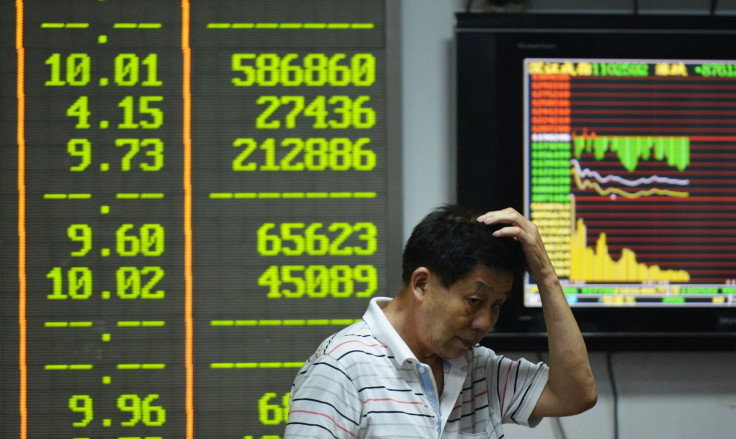
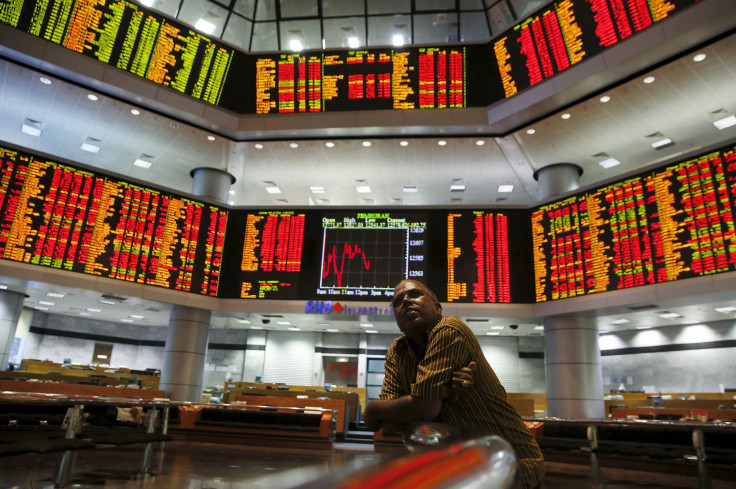
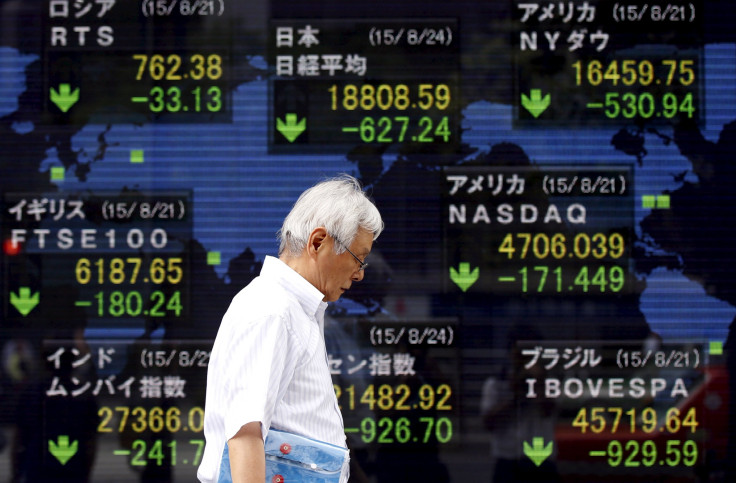
“A lot of questions are being asked by investors,” markets strategist Chris Weston told the Washington Post. “This is a confidence game, and when you don’t have confidence, you press the sell button.”
China announced Sunday it would formally allow its pension fund to invest in the stock market, a departure from rules that previously only allowed investment in treasury bonds and bank deposits. The move was intended to encourage billions in investments, but Reuters reported Monday it didn't seem to have helped much.
“There are no short-term fixes for what China is going through,” Fraser Howie, the co-author of "Red Capitalism: The Fragile Financial Foundation of China’s Extraordinary Rise," told the Guardian. “This is ultimately a painful unwinding of imbalances and leverage in the system and those processes are always tough and sore. It’s a bit like saying what’s a quick solution to my hangover? And that is exactly where China is at the moment. There are no quick solutions.”
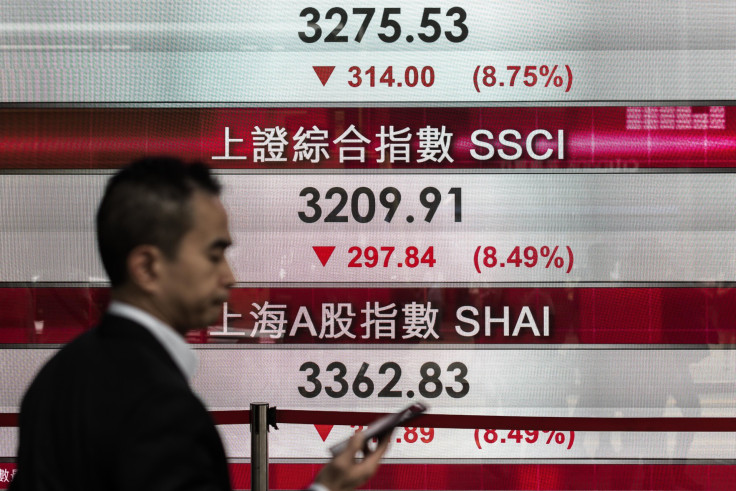
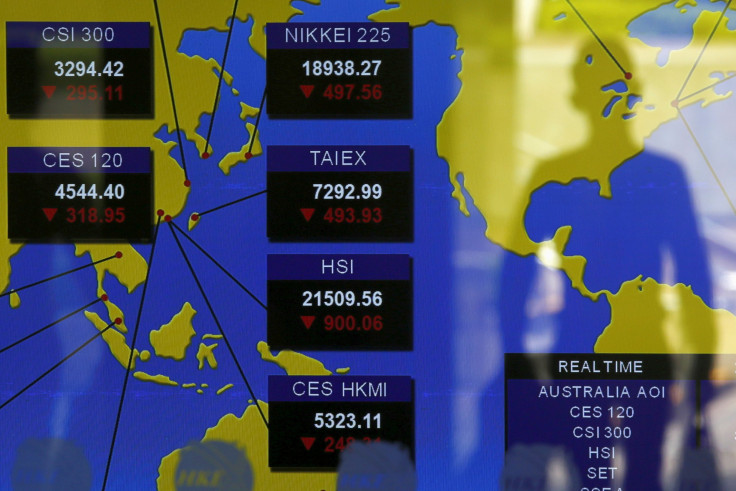
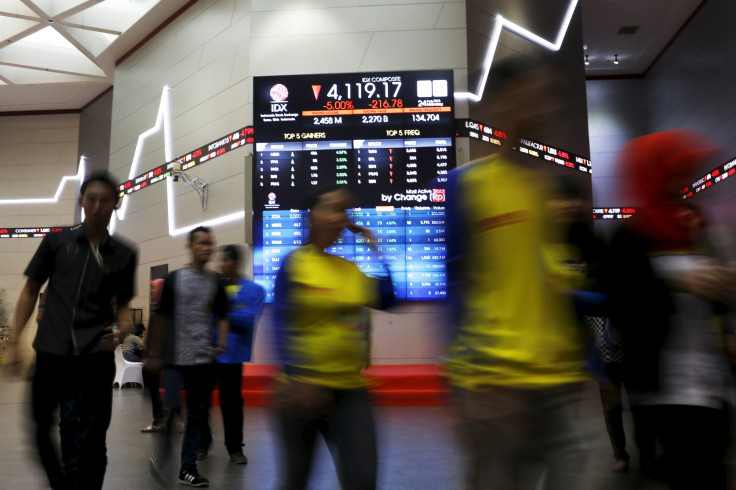
© Copyright IBTimes 2025. All rights reserved.






















